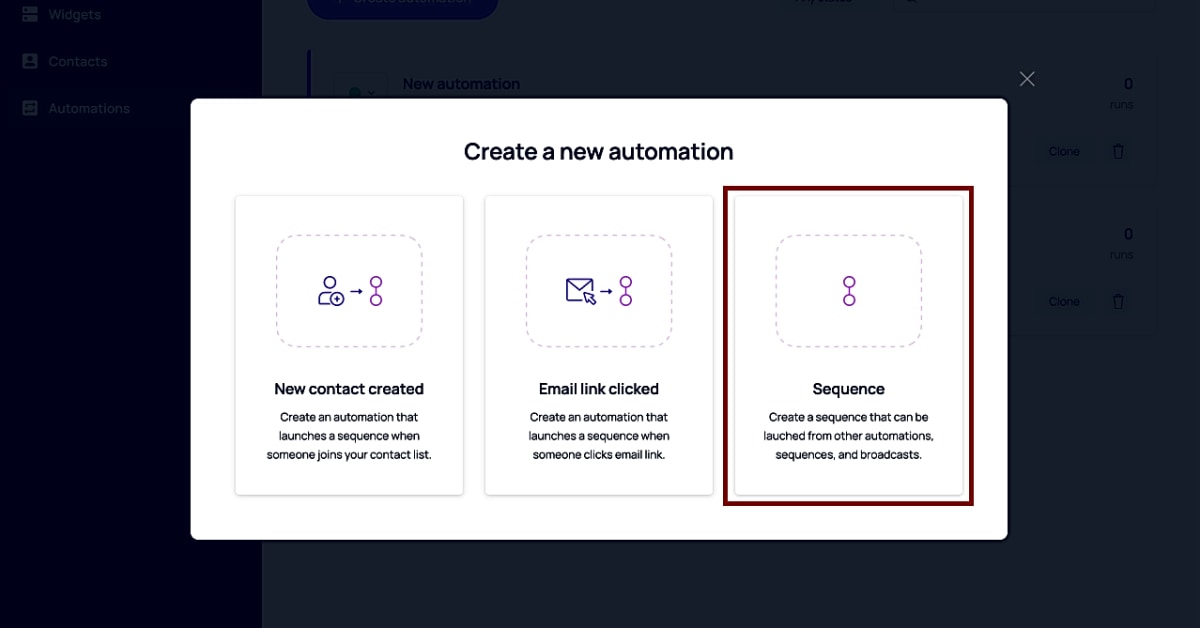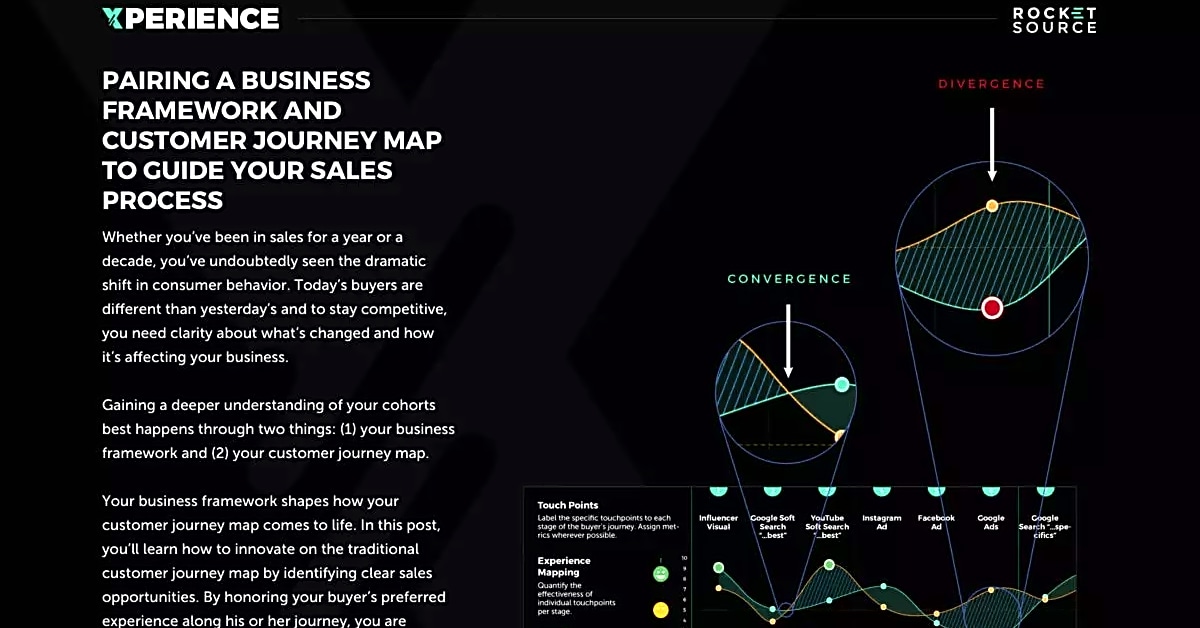Marketing automation has become an essential tool for businesses looking to streamline their marketing processes and improve their overall efficiency. One key aspect of this is designing automated email sequences and campaigns. By automating your email marketing, you can save time and effort while still reaching out to your target audience effectively. In this article, we will dive into the world of designing automated email sequences and campaigns, exploring how it can benefit your business and how to implement it successfully. From creating effective workflows to optimizing your automation strategy, we will cover all the important aspects to help you take your marketing efforts to the next level. So, let’s get started on our journey towards achieving a successful marketing automation strategy!
Are you tired of spending hours on manual marketing tasks? Do you want to find ways to automate your marketing processes and save time? Look no further! In this article, we will discuss all about designing automated email sequences and campaigns, specifically targeted towards those who are searching for information on marketing automation. We will cover everything from different tools and software available, to strategies for implementing and using marketing automation effectively. We will also touch upon services or solutions that can help you with your marketing automation needs. Get ready to streamline your marketing process!
First, let’s dive into the concept of marketing automation and why it is important for businesses. Marketing automation is the use of technology to automate repetitive marketing tasks such as email campaigns, social media posting, and lead nurturing. By using marketing automation, businesses can save time, increase efficiency, and ultimately see better results.
When it comes to tools and software for marketing automation, there are many options available in the market. Some popular platforms include HubSpot, Marketo, and Mailchimp. These platforms offer a variety of features such as email automation, lead scoring, and analytics. Pricing varies depending on the platform and the features you require.
Now, let’s discuss some strategies for implementing marketing automation in your business. One key aspect of successful marketing automation is setting up email sequences. This involves creating a series of automated emails that are sent out to subscribers based on certain triggers or actions they take. Another important strategy is segmenting your audience based on their interests and behaviors. This allows for more targeted and personalized communication.
In addition to these strategies, there are some best practices to keep in mind when using marketing automation. Personalization is key – make sure your emails and messages are tailored to each individual customer. A/B testing can also help improve the effectiveness of your campaigns by allowing you to test different elements and see what resonates best with your audience.
Lastly, there are services and solutions that can help you with your marketing automation needs. This may include agencies or consultants that specialize in marketing automation or tools that offer support and training. These resources can provide valuable guidance and expertise to help you get the most out of your marketing automation efforts.
In conclusion, designing automated email sequences and campaigns is a crucial aspect of implementing a successful marketing automation strategy. By understanding the concept, exploring different tools and strategies, and following best practices, you can streamline your marketing process and see better results. Don’t wait any longer – start incorporating marketing automation into your business today!
Services and Solutions for Marketing Automation
For those looking to implement marketing automation, it’s important to have the right resources and support to ensure success. There are various services and solutions available in the market that can help with your marketing automation needs.
One option is to hire a marketing agency that specializes in automation. These agencies have the expertise and knowledge to design and implement effective automated email sequences and campaigns. They can also provide valuable insights and strategies to make the most out of your marketing automation efforts.
Another option is to work with a consultant who can provide personalized guidance and support for your specific business needs. Consultants can help with setting up automated workflows, integrating different tools and software, and optimizing your overall marketing automation strategy.
Aside from agencies and consultants, there are also various tools and software available that can help streamline your marketing process. These include email marketing platforms, CRM systems, and marketing automation software. These tools can help with automating tasks such as sending personalized emails, segmenting audiences, and tracking customer interactions.
No matter which option you choose, it’s important to research and find the right service or solution that fits your budget, goals, and business needs. With the right support, you can effectively implement marketing automation and save time while achieving your marketing objectives.
Using Marketing Automation Effectively
Are you tired of spending hours on manual marketing tasks? Do you want to find ways to automate your marketing processes and save time? Look no further! In this article, we will discuss how to use marketing automation effectively. By utilizing best practices for personalization and A/B testing, you can streamline your marketing process and save time.
Personalization is a key component of effective marketing automation. By tailoring your email sequences and campaigns to specific segments of your audience, you can increase engagement and conversions. This can be done through personalized subject lines, dynamic content, and targeted messaging based on customer behavior and interests. Don’t underestimate the power of personalization in your marketing automation strategy.
A/B testing is another crucial aspect of using marketing automation effectively. By testing different elements of your email sequences and campaigns, such as subject lines, call-to-actions, and designs, you can gather data and insights to optimize your strategy. This will ultimately lead to better engagement and conversion rates.
There are many tools and software available that offer A/B testing capabilities, so be sure to take advantage of them in your marketing automation journey. Additionally, don’t forget to analyze the results of your A/B tests and make adjustments accordingly.
In conclusion, when it comes to using marketing automation effectively, personalization and A/B testing are two key best practices that you should implement in your strategy. By utilizing these tactics, you can streamline your marketing process and achieve better results. So don’t wait any longer, start incorporating these practices into your marketing automation today!
Streamlining Your Marketing Process
Marketing tasks can be time-consuming and tedious, taking away valuable time that could be spent on other important aspects of your business. This is where marketing automation comes in to save the day. With the use of automated email sequences and campaigns, you can streamline your marketing process and increase efficiency.
Marketing automation allows you to set up pre-designed workflows and automations for various marketing tasks, such as email campaigns, social media posts, and lead nurturing. This means that you no longer have to spend hours manually sending out emails or creating social media posts. Instead, you can focus on other important tasks while your marketing runs on autopilot.
By using marketing automation, you can also save time by creating a more efficient process for your marketing efforts. With automated email sequences and campaigns, you can reach a larger audience in a shorter amount of time, without sacrificing the personal touch. This allows you to nurture leads and engage with customers more effectively, all while saving time and increasing efficiency.
There are many tools and software available that can help you with your marketing automation needs. From email marketing platforms to social media management tools, these resources can make it easier for you to set up and manage your automated workflows. Additionally, there are services and solutions that specialize in marketing automation, offering guidance and support to help you make the most out of this powerful tool.
In conclusion, if you’re tired of spending hours on manual marketing tasks and want to find ways to automate your processes and save time, marketing automation is the solution for you. By streamlining your marketing process, you can focus on other important aspects of your business while still effectively engaging with your audience. So why wait? Start implementing marketing automation into your strategy today!
Tools and Software for Marketing Automation
When it comes to marketing automation, having the right tools and software is crucial for streamlining your processes and maximizing efficiency. Fortunately, there are many popular platforms available that offer a variety of features to meet your specific needs. Let’s take a look at some of the top options and their features and pricing.
1. HubSpot: HubSpot is a comprehensive marketing automation platform that offers a range of tools for email marketing, lead nurturing, and customer relationship management. Its features include personalized email sequences, automated lead scoring, and advanced analytics. Pricing starts at $50 per month for their basic plan.
2. Marketo: Marketo is another popular platform that offers a wide range of automation features including email marketing, lead management, and campaign tracking. They also offer advanced features such as predictive content and account-based marketing. Pricing starts at $895 per month.
3. ActiveCampaign: ActiveCampaign is a user-friendly platform that offers a variety of automation tools including email marketing, lead scoring, and website tracking. They also offer advanced features such as SMS marketing and integrations with popular apps like Shopify and WordPress. Pricing starts at $9 per month for their basic plan.
4. Pardot: Pardot is a powerful platform designed specifically for B2B marketing automation. It offers features such as lead nurturing, social media integration, and ROI reporting. Pricing starts at $1,250 per month.
5. Sendinblue: Sendinblue is an affordable option for small businesses looking to automate their marketing processes. It offers email marketing, lead scoring, and transactional emails all in one platform. Pricing starts at $25 per month.
These are just a few of the many tools and software options available for marketing automation. It’s important to research and compare different platforms to find the one that best suits your needs and budget. With the right tools in place, you can streamline your marketing processes and save time while reaching your target audience more effectively.
Strategies for Implementing Marketing Automation
When it comes to implementing marketing automation, there are a few key strategies that you should keep in mind to ensure success. These strategies will help you set up your email sequences, segment your audience, and create effective workflows that will streamline your marketing process.
Setting Up Email Sequences
Email sequences are a crucial part of any automated marketing campaign. They allow you to send a series of targeted emails to your audience, based on their behavior or actions. When setting up your email sequences, make sure to consider the following:
- Define your goals: What do you want to achieve with your email sequences? Are you looking to convert leads into customers, or nurture existing customers? Knowing your goals will help you create a more effective sequence.
- Segment your audience: Segmenting your audience based on their interests, behavior, or demographics will allow you to send more personalized and relevant emails. This can lead to higher engagement and better results.
- Create engaging content: Your email content should be informative, engaging, and valuable to your audience. Make sure to include a clear call-to-action (CTA) in each email to encourage your audience to take the desired action.
Segmenting Your Audience
Segmenting your audience is a crucial step in implementing marketing automation. By dividing your audience into smaller groups, you can send more targeted and relevant messages that are more likely to resonate with them. Some ways to segment your audience include:
- Demographics: Age, gender, location, income level
- Behavior: Website visits, email opens/clicks, social media engagement
- Interests: Products/services they have shown interest in, content they have engaged with
Creating Effective Workflows
Workflows are the backbone of any successful marketing automation strategy. They allow you to automate various tasks and processes, such as sending emails, assigning leads, and updating customer information. When creating workflows, keep the following in mind:
- Map out your processes: Before creating a workflow, make sure to map out your entire process and identify all the necessary steps. This will ensure that your workflow is comprehensive and covers all aspects.
- Test and optimize: Once your workflows are set up, make sure to test them thoroughly before launching them. This will help you identify any errors or issues and optimize them for better performance.
- Continuously monitor and improve: Marketing automation is an ongoing process, and it’s essential to continuously monitor and analyze your workflows to identify areas for improvement. Regularly reviewing and optimizing your workflows will help you achieve better results over time.
By following these strategies, you can effectively implement marketing automation and streamline your marketing process for better efficiency and results.
Marketing automation is a valuable tool for streamlining your marketing process. By implementing it effectively, you can save time, increase efficiency, and see better results. With the information provided in this article, you now have a solid understanding of designing automated email sequences and campaigns. So go ahead and start automating your marketing processes!


